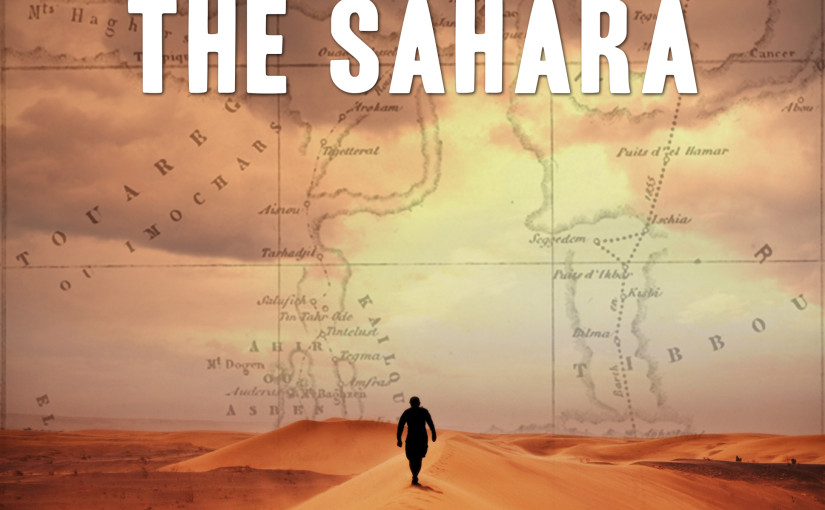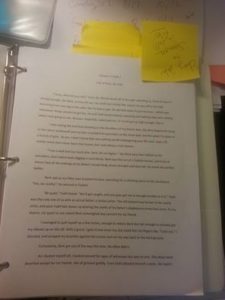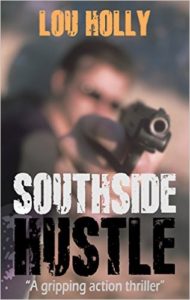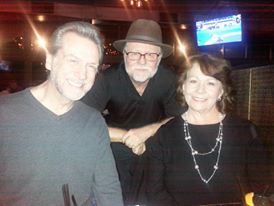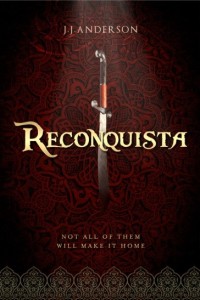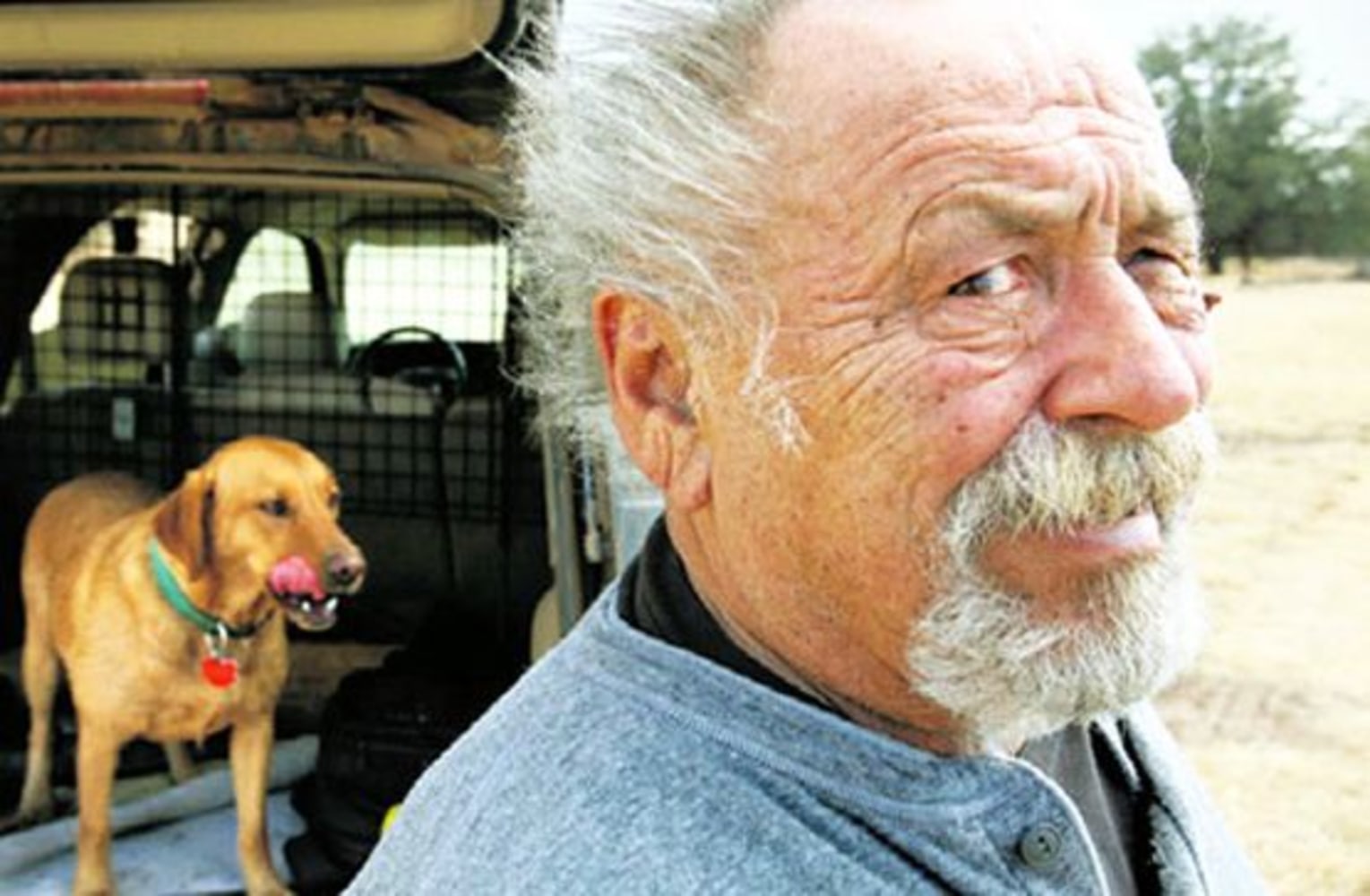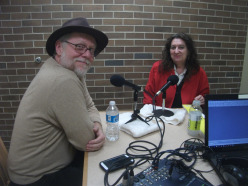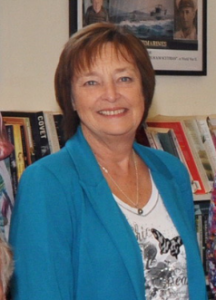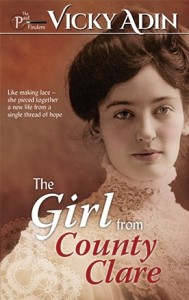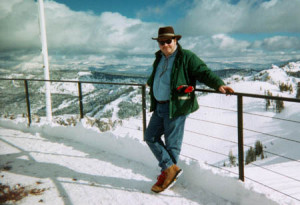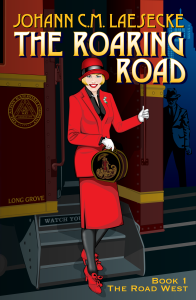I discovered years ago when doing my management podcast that the internet makes it easy to reach out to people you respect and admire. Just hit “send.” Some answer, some don’t. Well, when I decided this blog would focus on historical fiction, there’s one person I really wanted to get to know (in an internet, “hey he answers my emails” kind of way): Colin Falconer.
His stuff is fast paced and just fun. You can read my review of his latest book, A Great Love of Small Proportion, in the previous post. Here’s a little bit of my interview with him.
So, for those who don’t know, what’s the Colin Falconer story?
I was born in North London, and spent my school years playing football or looking out of the window wishing I was somewhere else.
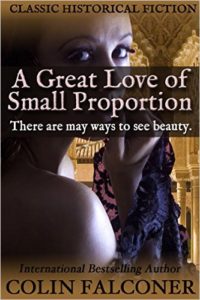
I’ve been a writer most of my working life, I have over 40 books in print (Blogger’s note: just when you start feeling good about your level of productivity, this guy comes along), I’ve started publishing indie books as well over the last 3-4 years. My books have been translated into 23 languages.
I travel a lot to research my novels and the quest for authenticity has led me to run with the bulls in Pamplona, pursue tornadoes across Oklahoma and black witches across Mexico. As well as to the Alhambra in Granada, of course, for my latest novel.
The little touches shine through, to be sure. In a nutshell, what’s the new book about (if you can remember because you’ve probably cranked out 3 more since Tuesday)?
A GREAT LOVE OF SMALL PROPORTION is set in Spain at the end of the Reconquista. Diego Sanchis is Seville’s most brilliant painter – but he’s also ugly and a dwarf. He is also shunned because he is suspected of being a Jew.
When he paints, he can capture the beauty in people an ordinary things – yet he hates the world that so hates him. But one day his father persuades him to take on a student; Mercedes Goncalvez is beautiful, perfect. And nothing like he expects.
He can see beauty in the world – but only she sees the beauty in him. But this is the time of the Inquisition, of religious fanaticism taken to extremes … so how can this possibly come to any good?
The guiding hand in this was the question of beauty. What is it? We are all so quick to judge beauty by what we see – but what if the hero of a romantic story was not beautiful at all, but was as far from perfect as a man can be? This is the question that drove the narrative for me. Mercedes does not fall in love with Diego because he is handsome, or brave, or even rich – she sees something else. Don’t we all wish for someone who sees something in us, other than what the world sees?
What is your favorite scene in the book?

So I suppose my favourite scene is when she finds the paintings he has hidden from her. I like the sparks that fly just from the dialogue. I like what they don’t say as much as what they do say. And I like how she sees through him, and how the dialogue sparks from how he knows that, and he loves it and he hates it at the same time.
Here’s where I accuse you of being a shameless romantic. Where can people learn more about this book and your other work?
A GREAT LOVE is published on May 10 and you can order it here – and after May 10 it’s available for purchase. You can find me on Facebook right here at colin.falconer.779 and my webpage is colinfalconer.org – I blog twice a week so it’s quite lively.

